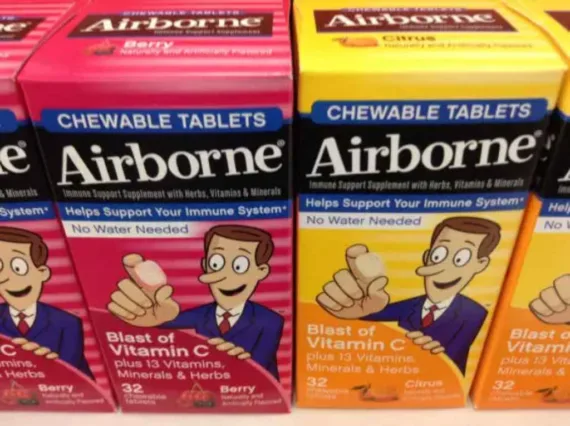 GMO foods? Yes, that is what I said, in the form of a question, a couple years ago when I was told by friends about yet another category of food to avoid at the store.
GMO foods? Yes, that is what I said, in the form of a question, a couple years ago when I was told by friends about yet another category of food to avoid at the store.
It wasn’t enough that I had to be careful around the carbs, can the cholesterol, and forget the fat in my mid 20s when I lost 90 pounds – now I had to step around GMO food products. Gee whiz, it seemed like they were creeping all over the grocery store.
Now, as you may know, farmers have been modifying plants through cross-breeding for thousands of years to help their crops better resist pests and to allow for better yields. But what makes GM (genetically modified) plants different is the fact that their actual DNA is modified through genetic engineering – so that all pretty much sounds like something out of Frankenstein to me; GMO (genetically modified organism) foods derive from these GM plants.
GMO (genetically modified organism) food first hit the market around 1994 – and to think I’ve been eating this stuff for most of my life and never even knew it.
What Are Common GMO Food Ingredients?
Common high-risk GMO ingredients include:
- Soybeans
- Canola
- Cottonseed
- Corn
- Sugarbeet sugar
What? Isn’t at least one of those ingredients in just about everything we eat?
And, then I asked myself – “Wait… what’s all of the panic over GMO foods?”
I did a little research on the matter to find out more about genetically modified foods, wanting to figure out the potential risks to my health, why I’ve been hearing so much about GMO food lately, and which foods don’t contain GMO ingredients.
Here’s what I found out…
GMO Foods Are NOT Tested By The United States Government
I repeat, the Food and Drug Administration (FDA) does not test GMO foods.
In fact, the FDA leaves it up to the biotech companies to determine the safety of genetically altered food.
While the FDA does inspect GMO plants, the end-product (the food) is not.
No GMO Food Labels Are Required
The FDA doesn’t require food manufacturers to label food products that contain GMO ingredients – so you won’t even really “know” if you’re eating a GMO food product. Why doesn’t the U.S. government mandate GMO labels?
Apparently, the FDA has stated that most genetically modified foods are “substantially equivalent” to non-genetically modified food.
By the way, all nations in Europe, Japan, Australia, and China label GMO foods. Only the United States and Canada remain as the last two industrialized nations to not require listing to the public which foods contain GMO ingredients.
Health Risks Associated With GMO Foods
The verdict is still out on precisely how high a risk GMO foods pose to human health. During the 1990s, concerns about exacerbated allergic reactions surfaced. For example, in 1996, the New England Journal of Science and Medicine published a study on genetically modified soybeans.
These soybeans were engineered with Brazil nut protein to enhance the soybean’s nutritional quality.
The result? Consuming that soybean could potentially induce an allergic reaction among those with a nut allergy.
More recently, some scientists believe there is a negligible (but still potential) risk of altered DNA causing complications in the gastro-intestinal tract.
How To Avoid GMO Foods
So, which foods don’t contain GMOs?
Good question, as many foods that we eat contain them, but don’t reveal that fact to us on their packaging.
Your best bet would be to shop at a grocer that specializes in selling organic foods, such as Whole Foods or Fresh Market. Many conventional grocery chains, such as Publix, Wegmans, WinCo Foods, and Trader Joe’s, also carry a wide array of organic foods.
Here’s a list of brands that focus on making non-GMO foods:
- Amy’s Kitchen
- Applegate Farms
- Ciao Bella Gelato
- Earthbound Farm
- Earth Balance
- Eden Foods Organics
- Lundberg Family Farms
- Mary’s Gone Crackers
- Nature’s Path
- Organic Valley
- Pacific Foods
- Spectrum Organics
- Stonyfield Organic
- Simple Truth
- Wild Harvest
If you have a hard time finding non-GMO foods from any of these brands or others that you prefer, be sure to tell your grocer. Many grocery stores will specially order food products upon your request.




